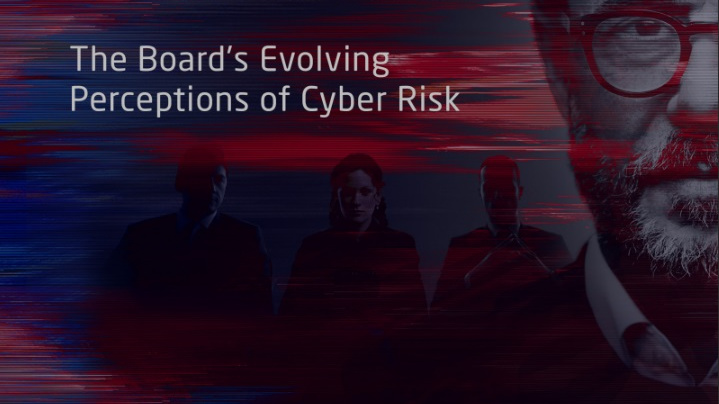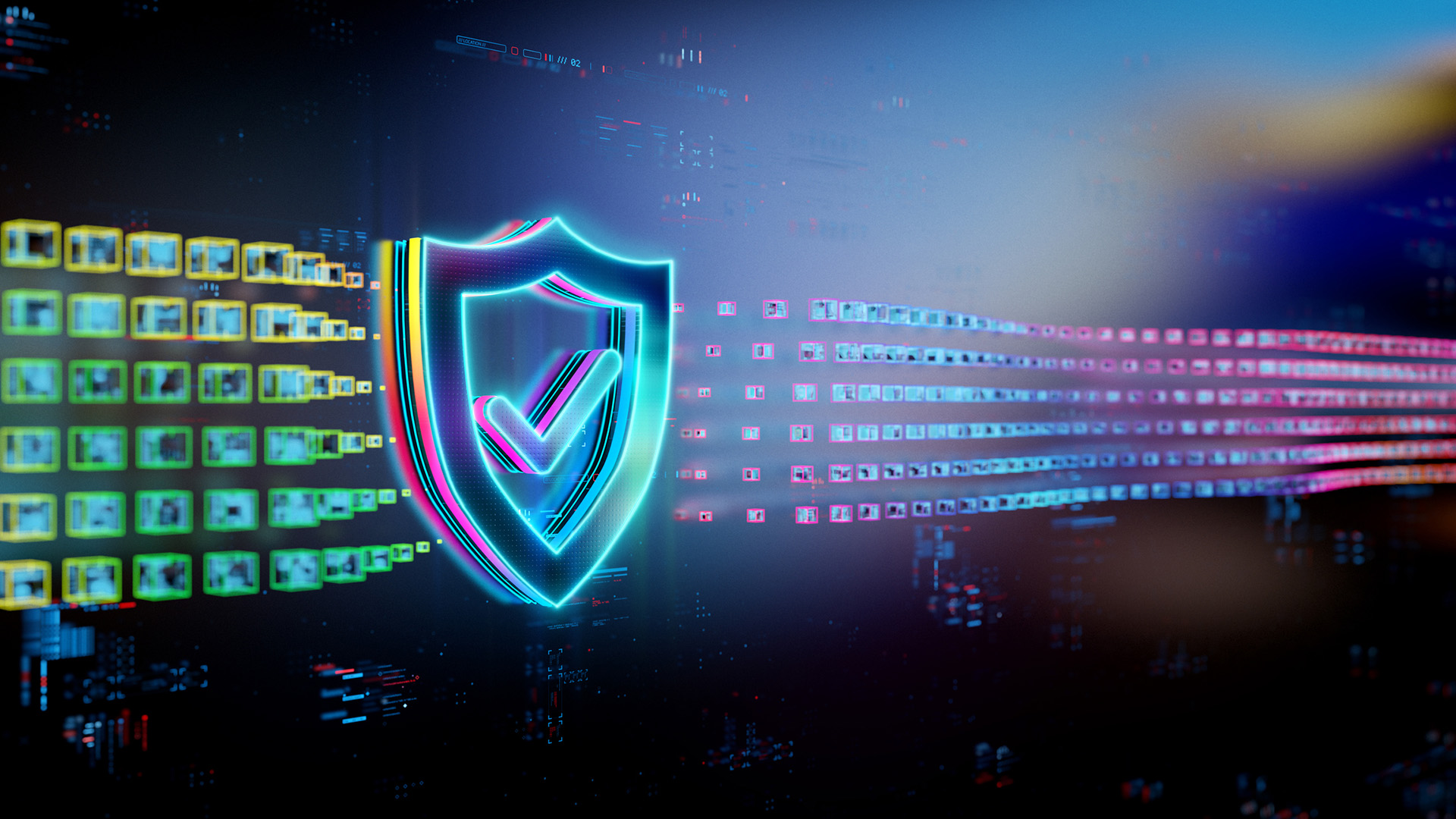Bolstering cyber security with the right channel partnerships
Organizations must draw on the expertise of their channel partners to support in-house security operations

The security landscape is continuously evolving and many organizations are struggling to keep up with the rapid pace of emerging threats.
As protecting data, finances, and reputations from increasingly sophisticated threat actors moves up the priority list, organizations are now leaning heavily on channel partners for vital support.

As VP for global channel sales, Ed Baker is responsible for the distribution and resale of Trellix technology as well as building strategies and partnerships for Trellix products. Ed joined McAfee Enterprise, now Trellix, in 2018 as senior director for EMEA partners. He moved into his global channel sales role in January 2022 as Trellix launched.
The role of a channel partner has, therefore, never been more important. By supporting SecOps teams with outsourced security or streamlining security architecture to make life easier, channel partners can provide a helping hand to the cyber security workforce and work to protect organizations from a growing array of threats, such as ransomware.
What makes the ideal channel partner?
The availability of relevant, value-led partnerships is particularly crucial in cyber security. The right partner can be well-placed to meet customer requirements, as they have both deep technical capabilities and the ability to lead and build new security solutions for organizations.
When it comes to selecting a security channel partner, there is no ‘one-size-fits-all’, however. Partnerships can be of any size, shape or form, but the ideal partner must be one with joint relevance and a shared ‘fire’ for innovation.
Partners must be able to support an organization’s unique needs, and so by selecting partners based on their strengths, organizations can maximize value and receive the best possible experiences based on their unique, individual needs.
This will serve them well when it comes to addressing gaps in their security processes.
ChannelPro Newsletter
Stay up to date with the latest Channel industry news and analysis with our twice-weekly newsletter
Big security for smaller (mid-market) customers
Cyber criminals do not solely focus their efforts on large enterprises, and instead sometimes prefer to target mid-market businesses. This is because threat actors often look to launch attacks against smaller, less prominent organizations that tend to have less robust security measures in place.
This can also enable them to carry out attacks more inconspicuously, as observed in the tactics used by the RTM Locker group. This cyber gang largely managed to stay off the radar by actively avoiding big or impactful targets that would draw attention to their activities.
As a result, businesses of this size are increasingly looking to shore up their defenses with the support of channel partners. A strong partnership can certainly play a crucial role here, as these smaller businesses often lack the resources – whether budgetary or skills-based – to monitor and mitigate threats on their own.
By outsourcing to an MSP or MSSP, mid-market businesses can better reduce the risks posed to them. For example, if an organization has previously been handling security functions in-house and this is no longer viable due to under-resourcing, they can turn to MSPs to fill the gap.
MSPs and MSSPs are well placed to provide the resources, expertise, and technology that will help organizations manage their security ecosystem.
By considering the bigger picture and integrating security across each part of an organization’s IT system and cloud solutions, MSPs and MSSPs can help bolster security measures in the face of an increasingly perilous threat landscape.
Removing silos and connecting the dots
Mid-market businesses may also lean on partners to consolidate disparate security products and solutions they already have in place.
Companies are often working with a patchwork of siloed security tools that require IT security teams to pivot between solutions and stitch products together to get the full picture. This can be particularly time consuming for security practitioners and isn’t always the most inspiring work for teams.
RELATED RESOURCE

Cybersecurity has entered the boardroom
Furthermore, this siloed approach can leave organizations vulnerable to attack.
For instance, research from Trellix shows that a significant 93% of UK organizations have siloed security systems in place. This has led nearly two-thirds (64%) of cybersecurity professionals to admit their current security tools have caused inefficiencies amongst SecOps teams – with around one-third (32%) recognising they have blind spots in their protection.
Removing these silos is crucial if organizations are to enhance their cyber security measures. With this in mind, channel partners can support SecOps teams to increase visibility to ‘connect the dots’ and integrate security functions into one interconnected platform.
This reduces the technical work required to navigate siloed systems, thereby lightening the burden on SecOps teams. This will not only reduce fatigue but also improve efficiency.
Channel partners with security expertise provide a key strategic role in helping organizations bolster their security, equipping them with the resources and capabilities to eliminate gaps in their protection.
Relevant, valuable partnerships will not only enhance experiences for organizations but, critically, will improve their security posture – wherever the threats may be.

As vice president, global channel sales, Ed is responsible for the distribution and resale of Trellix technology as well as building strategies and partnerships for Trellix products.
Ed joined McAfee Enterprise, now Trellix, in 2018 as Senior Director, EMEA Partners. He moved into his global channel sales role in January 2022 as Trellix launched. Prior to this, Ed held the role of Director Alliances for Commvault in EMEA, as well as a variety of roles at Cisco over 10+ years.
-
 Cleo attack victim list grows as Hertz confirms customer data stolen
Cleo attack victim list grows as Hertz confirms customer data stolenNews Hertz has confirmed it suffered a data breach as a result of the Cleo zero-day vulnerability in late 2024, with the car rental giant warning that customer data was stolen.
By Ross Kelly
-
 Lateral moves in tech: Why leaders should support employee mobility
Lateral moves in tech: Why leaders should support employee mobilityIn-depth Encouraging staff to switch roles can have long-term benefits for skills in the tech sector
By Keri Allan
-
 Strategies for guarding against emerging cyber risks and invisible threats
Strategies for guarding against emerging cyber risks and invisible threatsIndustry Insights Attacks are evolving at a rapid pace, here are the key areas where the channel can help businesses bolster their defenses for the year ahead
By Mick Paisley
-
 The role of cyber security in the UK’s tech renaissance
The role of cyber security in the UK’s tech renaissanceIndustry Insights As the UK aims to be a tech superpower by 2030, robust cyber security is crucial to protect against increasing threats to emerging technologies and critical infrastructure
By Gavin Mee
-
 Consolidate to simplify application security: Why this is a business imperative
Consolidate to simplify application security: Why this is a business imperativeIndustry Insight New research shows 70% of organizations struggle with complex, disjointed security testing solutions - fragmentation leads to wasted resources, inefficiency and elevated risk levels.
By Jason Schmitt
-
 Why businesses should embrace the zero trust networking trend
Why businesses should embrace the zero trust networking trendIndustry Insight Cyber attacks are on the rise and VPNs no longer constitute robust network security - zero trust network access (ZTNA) offers a modern, achievable security solution for businesses of all sizes
By Chris McKie
-
 From complexity to clarity: The channel opportunity in streamlining cyber security
From complexity to clarity: The channel opportunity in streamlining cyber securityIndustry Insight Upcoming legislation and a rapidly evolving threat landscape means organizations can't afford to lose track of security transformation plans - and the channel can play a key role in bolstering defenses
By Scott Walker
-
 Bad bots: The security challenge catching the channel’s attention
Bad bots: The security challenge catching the channel’s attentionIndustry Insight High profile attacks in recent months present an opportunity for the channel to support clients and bolster security
By Teague Dufresne
-
 How the channel can best support SMB security goals
How the channel can best support SMB security goalsIndustry Insight Channel partners can play a vital role in bridging SMB security gaps
By Dr Darren Williams
-
 Why MSPs should focus their attention on data protection services, not backup
Why MSPs should focus their attention on data protection services, not backupIndustry Insight Accommodating for unique customer needs should be a key focus for channel partners
By Eric Harless